Under 3 percent of US athletes in Rio had medical exemptions
Updated: 2016-09-21 07:16
(China Daily)
|
||||||||
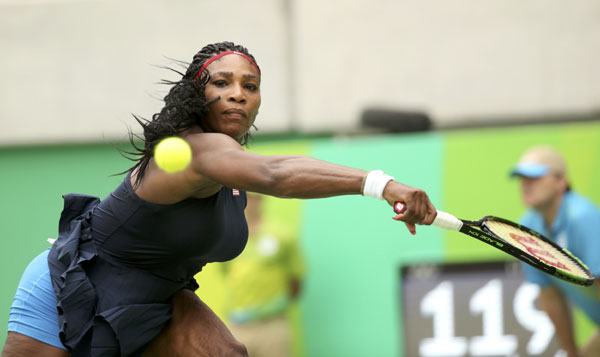 |
|
Serena Williams (USA) of USA in action against Daria Gavrilova (AUS) of Australia during the women's singles first round at 2016 Rio Olympics. [Photo/Agencies] |
Fifteen of the 558 athletes in the US delegation at the Rio Olympics - or slightly less than 3 percent - had therapeutic-use exemptions in force during the games.
The exemptions, known as TUEs, came under increased scrutiny last week after Russian hackers broke into the database of the World Anti-Doping Agency and posted confidential medical information online from some athletes.
TUEs let athletes use otherwise-banned substances to treat long-standing medical conditions such as attention deficit disorder and asthma. Proponents argue those exemptions only level the playing field; critics say they can give competitors an edge.
The hackers largely targeted female US Olympians, among them tennis stars Serena and Venus Williams and gold medal-winning gymnast Simone Biles. All three, as well as several other prominent athletes whose medical records were posted, said the data strongly supported their use of a TUE.
"I am one of the strongest supporters of maintaining the highest level of integrity in competitive sport and I have been highly disciplined in following the guidelines," Venus Williams said in a statement.
How the US numbers compare with those of other Olympic delegations is difficult to say - let alone how they compare with the number of TUEs granted by the NFL, NBA, NHL and MLB because of differing standards and reporting practices.
Olympic athletes can request - and receive - a TUE from either their international sports federation or a national anti-doping agency. All exemptions are forwarded to WADA, which does not grant TUEs but can appeal them, and then provided to the International Olympic Committee ahead of the games.
Both WADA and the IOC declined several requests from The Associated Press for those numbers before, during and after the Olympics.
The US delegation total was provided by the US Anti-Doping Agency. According to the agency's 2015 annual report, 136 of the 2,500 or so athletes in its elite Olympic programs - about 5 percent - were granted TUEs in 2015.
Associated Press
- Greek govt vows to improve refugee situation on island after fire
- Kremlin says hope for restoring truce in Syria 'weak'
- US sends 2 B-1B bombers to ROK after DPRK's nuke test
- Weekend's violent attacks in US could help Trump's campaign
- Syrian army declares end of Russian-US brokered truce
- China supports further reaction to DPRK's latest nuclear test
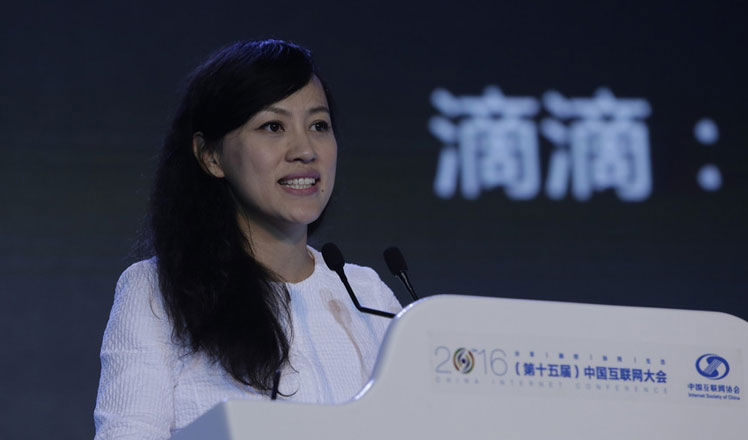
 Top 14 Chinese women in Fortune's ranking
Top 14 Chinese women in Fortune's ranking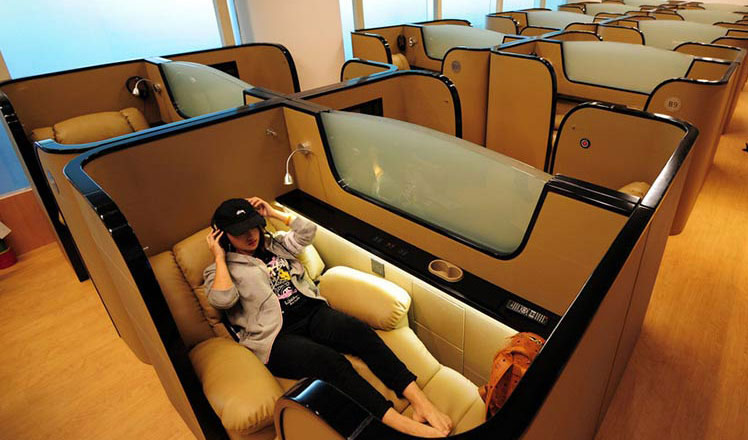
 Hangzhou airport offers beds to tired travelers
Hangzhou airport offers beds to tired travelers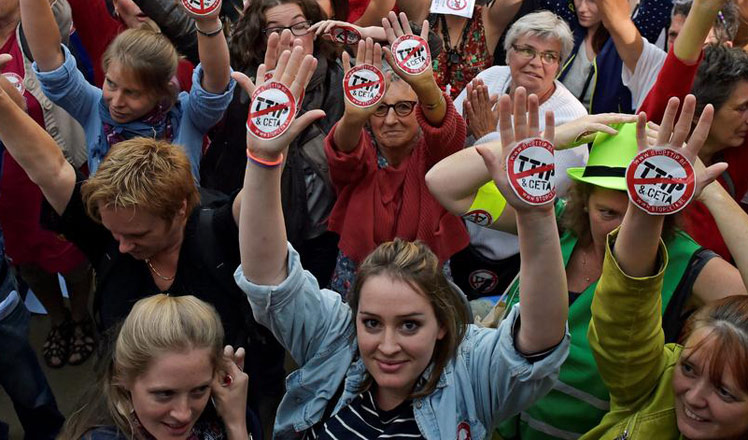
 Protesters march against EU trade deals with US
Protesters march against EU trade deals with US
 In photos: Chinese harvest in full swing
In photos: Chinese harvest in full swing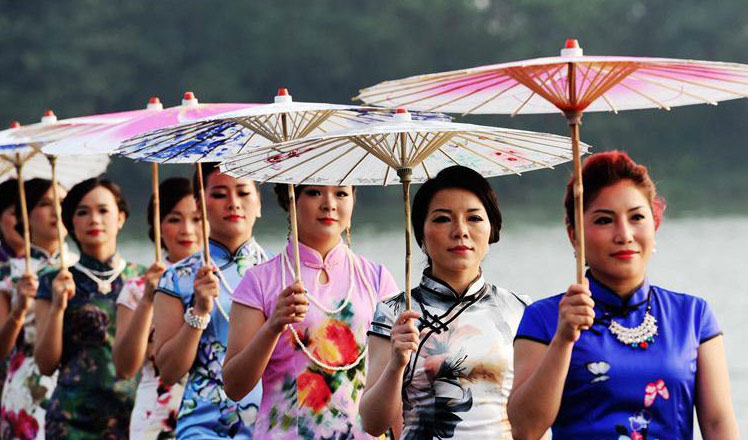
 Ladies present Qipao in South China's Guangxi
Ladies present Qipao in South China's Guangxi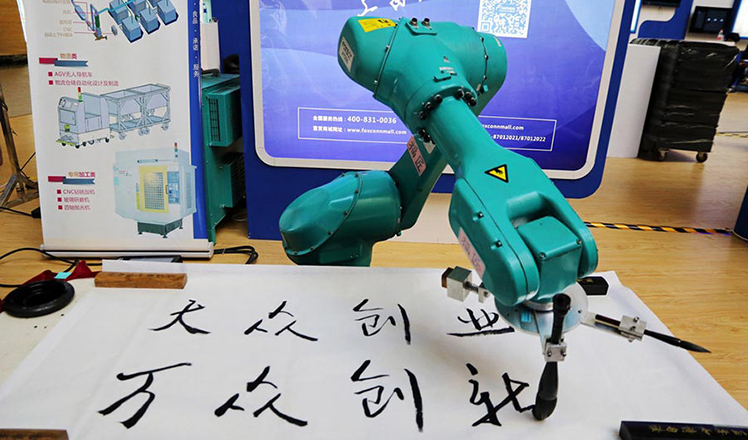
 Robot writes beautiful calligraphy
Robot writes beautiful calligraphy
 Colorful Yunnan through the lens of Italian photographer
Colorful Yunnan through the lens of Italian photographer
 Beer lovers' carnival
Beer lovers' carnival
Most Viewed
Editor's Picks

|

|

|

|

|

|
Today's Top News
Trump outlines anti-terror plan, proposing extreme vetting for immigrants
Phelps puts spotlight on cupping
US launches airstrikes against IS targets in Libya's Sirte
Ministry slams US-Korean THAAD deployment
Two police officers shot at protest in Dallas
Abe's blame game reveals his policies failing to get results
Ending wildlife trafficking must be policy priority in Asia
Effects of supply-side reform take time to be seen
US Weekly

|

|







